
Work on the first 100 megawatts (MW) solar park to augment national grid supply has been scheduled to begin in the first quarter, next year.
The project hitherto expected to be completed by December this year could not see the light of day due to delays in certification and licensing procedures for developers of the plant.
However, at the end of a two-day media workshop in Accra yesterday, the Bui Power Authority (BPA), the contracting company, announced that two entities had been given the green light by the Energy Commission to commence construction.
Sinohydro, a Chinese firm and Strategic Securities Systems International Limited (3SIL), a wholly Ghanaian-owned company are each expected to generate 50MW of solar power to feed into the Bui Switchyard facility capable of generating about 250 MW of solar energy.
Chief Executive Officer of the BPA, Mr Fred Oware in an interview said, both companies had received permit for commencement of work "and they have assured us that by December they would have cleared the site and started something on the grounds.
"We have demarcated lands in the Northern region for the plants and if they should start as promised, we should be ready to go live with solar energy on the national grid within the next nine months (December 2019)," he assured.
The CEO disclosed plans by the Authority to go hybrid by exploring other energy production areas, including wind and nuclear power generation to shore up the country's energy mix.
According to him, "our engineers are partnering with other organisations to earmark areas to possibly generate electricity from wind and we are expecting to take delivery of some wind turbines next year."
He added "we have received government's approval to liaise with the Volta River Authority (VRA) to manage Ghana's nuclear project as a long-term energy project for the country."
Debunking public opinions that the generation plant periodically suffered breakdowns and incapable of supplying the national grid, Mr Oware insisted that "the dam is one of the most efficient plants in the country and we have never suffered a shutdown in the past five years."
He also clarified that the authority had successfully resettled all residents and paid compensations to households and farmers whose farms were cleared to pave way for the construction of the Bui dam adding that, "what government is left with is the cost of the entire land of the dam."
On the issue of a possible merger with the VRA to consolidate the management of power generation in the country, the CEO said "for now, it is not high on the agenda like last year. We have to deal with certain issues before we finalise on it."
Giving an overview, Kwaku Akosa, Project Manager at the BPA said the authority had achieved about 80 per cent of its 2018 strategic plan including developing a 50 MW solar PV and the construction of the Tsatsadu Mini Hydro plant in the Volta Region.
He said that the Bui power project had great prospects in making the country energy sufficient.
The 404 megawatts Bui generation station, inaugurated in 2013 currently has four generation units though it operates two units at the moment with a capacity of 133 MW each, contributing about 260 MW of power daily to the national grid.
Read Full Story
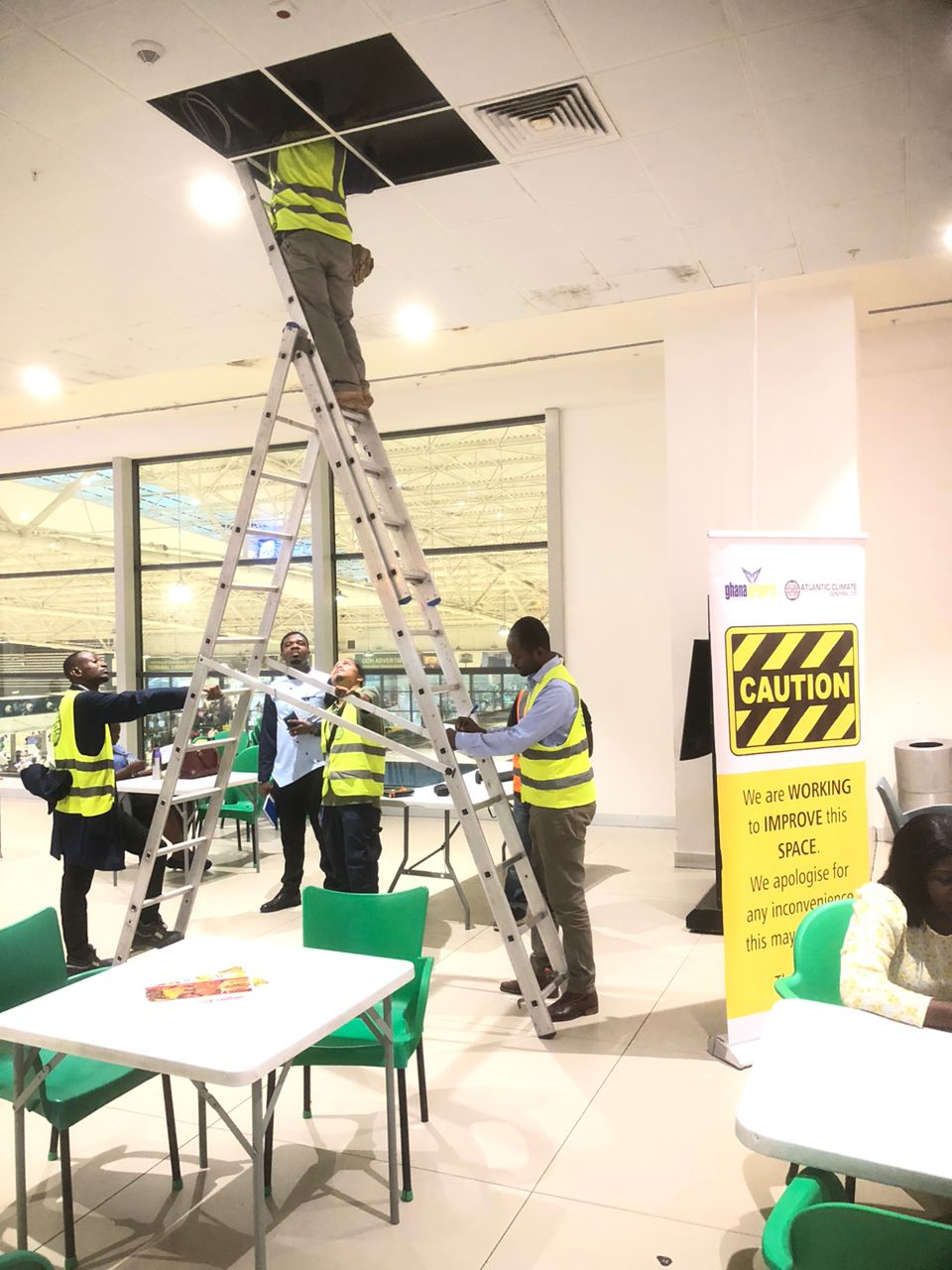

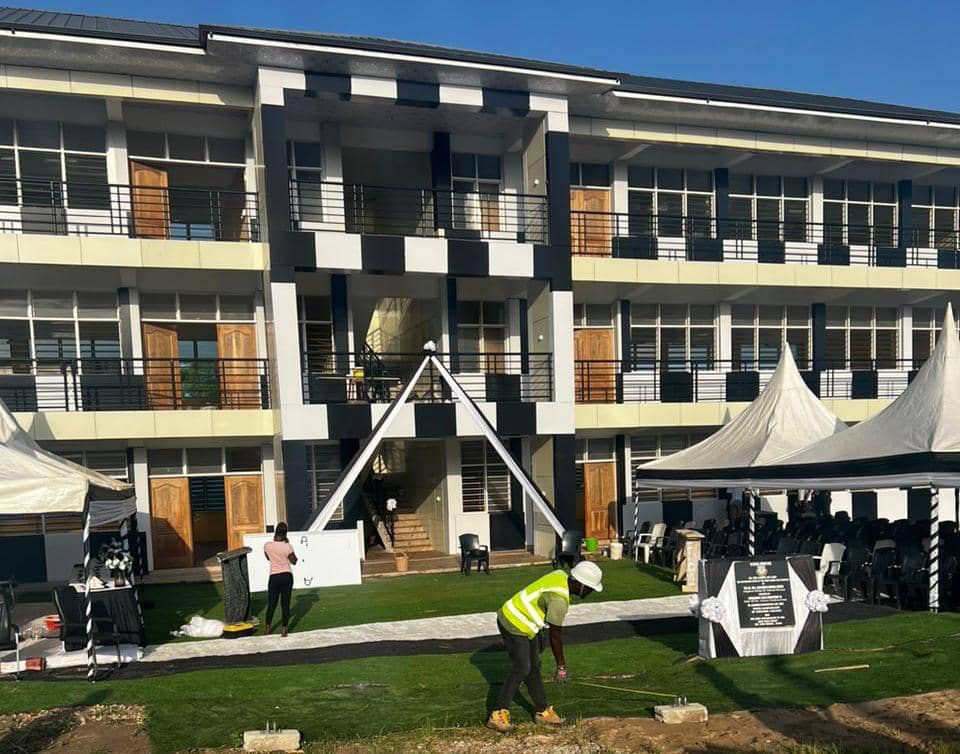
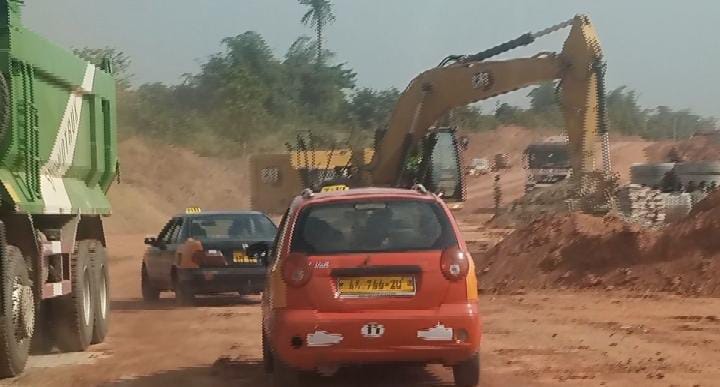
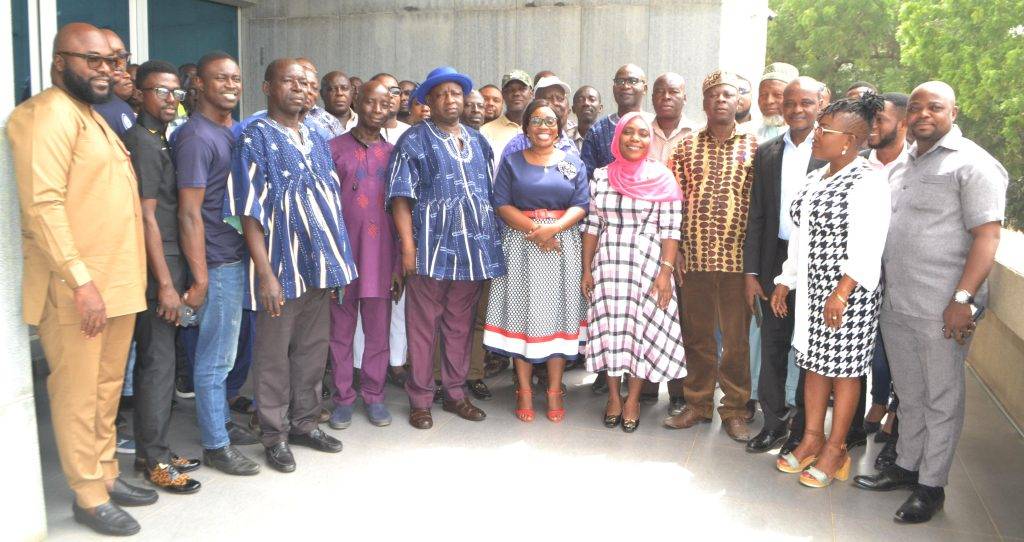
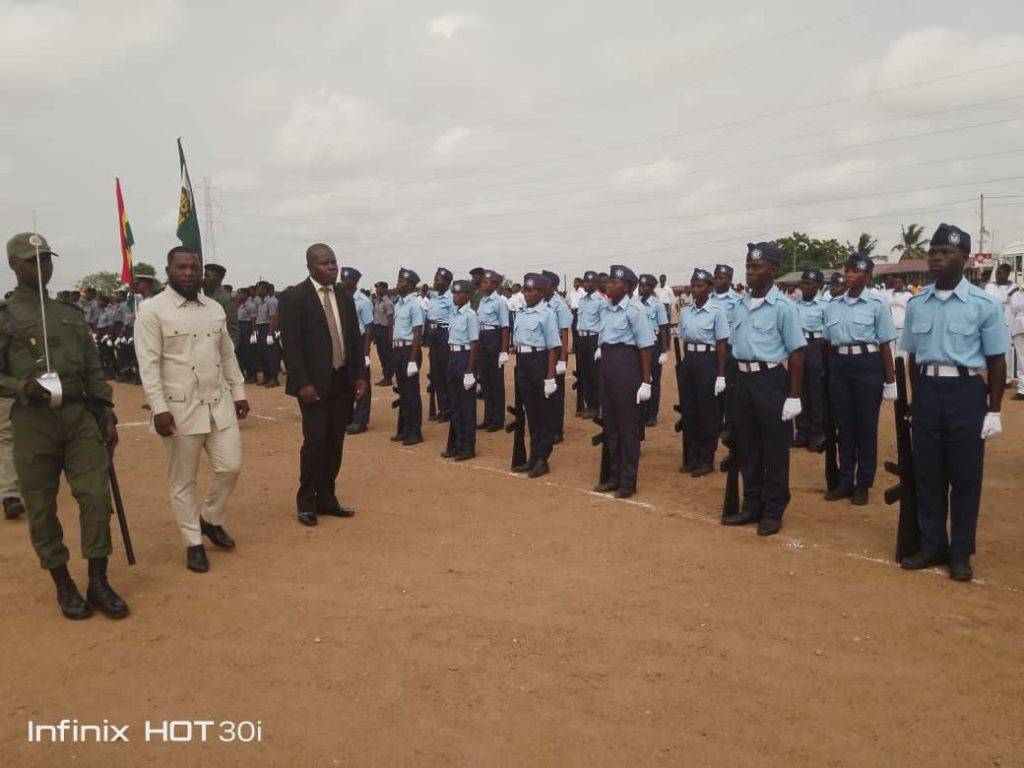

















Facebook
Twitter
Pinterest
Instagram
Google+
YouTube
LinkedIn
RSS